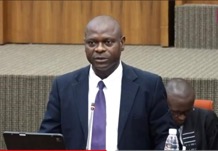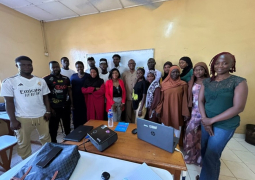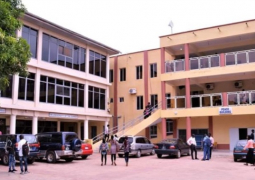
The exercise, he added, is very crucial in view of the fact that “if new houses are to be built in order to relieve this overcrowding, the government must know the number of people living in these conditions who will require such houses.
Seedy Keita was speaking on Tuesday at the start of a 12-day pilot census training organised by the Gambia Bureau of Statistics (GBOS) for its field workers on data collection currently underway at the Paradise Suites Hotel.
The move comes as the country is set to conduct its housing and population census slated for April 2024. Besides, this pilot census in essence is the testing of all elements of a population and housing census operation prior to census enumeration and is therefore of critical importance to producing quality data.
“It requires mapping the entire country into enumeration areas, mobilising and training a large number of enumerators, conducting a massive public information campaign, canvassing all households collecting individual information in paper and or electronic form. In most developing countries, where there have not been strong and reliable systems of collecting administrative data, censuses are the primary source of data on the size and special distribution of the population and its characteristics.”
The objectives of the census, he added, are to count all the people in the country and to provide government with their number in each local government area and district, by age, sex and several other characteristics.
“These figures are required for various aspects of economic and development planning. The ultimate aim of such planning is to provide a better way of life for the people of The Gambia. With the right data, better planning can follow to address national development challenges such as disease, ignorance, squalor, idleness and want.”
He acknowledged that it has been a long process to reach this stage of the census, but that is an indication of the country’s readiness to conduct the 2024 population and housing census.




